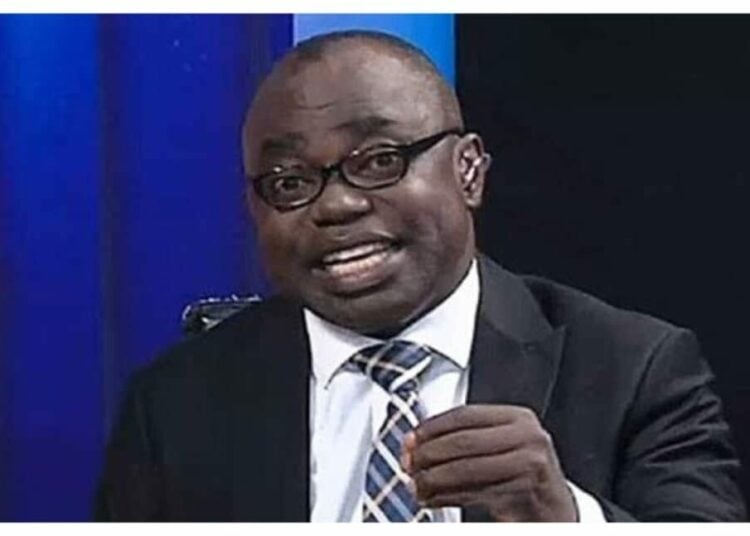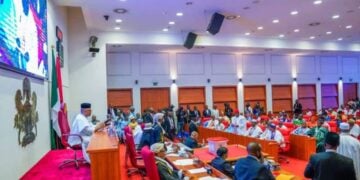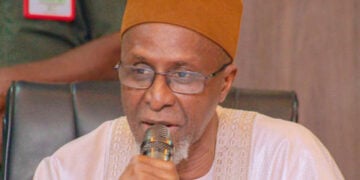A legal practitioner and public affairs analyst, Frank Tietie, has said that President Bola Tinubu lacked the constitutional power to revoke or reverse a pardon once it has been lawfully granted.
Tietie stated this on Thursday during an interview on ARISE News Channel, while reacting to President Tinubu’s decision to reverse the presidential pardon earlier granted to several convicts, including a death row inmate, Maryam Sanda, whose pardon was later changed to a commuted sentence of 12 years imprisonment.
According to Tietie, the act of granting pardon was an irreversible constitutional power that cannot be undone by the president once exercised.
“At the time the president first signed the first list, it was a complete act that he did not have the power to reverse. It was already accepted,” he said.
“The president does not have the power to convict anybody. As of the time he completed the pardon of these persons, they were all free,” Tietie added.
He argued that the power of pardon, as provided in the Nigerian Constitution, does not include the right to revoke such clemency once conferred.
“The president is not the judiciary. He cannot exercise judicial powers by saying you are no longer fit for pardon. It is not within his constitutional power,” the lawyer argued.
Tietie further criticised the administration’s policy decisions, saying a more responsive government would have reconsidered other major reforms affecting citizens.
“If we had a listening president in power, he would have reversed the fuel subsidy removal and increase in tariff,” he said.
President Tinubu’s reversal of the controversial state pardon, which initially drew widespread criticism, has continued to spark debate over the scope of presidential powers under Section 175 of the 1999 Constitution (as amended).





